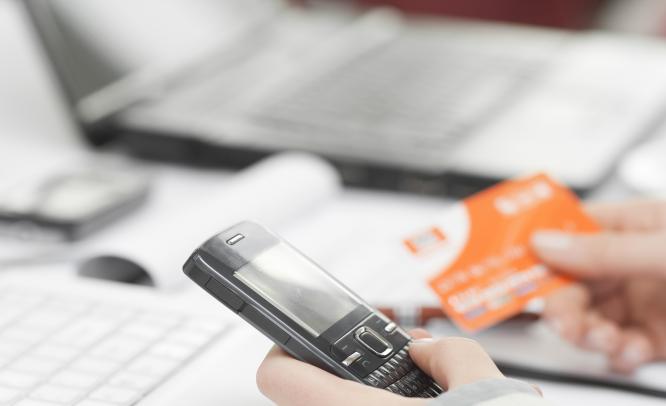IFM spoke to Andrew Schrage, co-founder of Moneycrashers.com, about the changes in payment systems
April 23, 2015
Karan Belani
How do the various payment systems — cash, cheque, credit cards, net banking, mobile payment — compare in terms of
1. Cost incurred by the customer
2. Safety issues
There are virtually no costs incurred by the customer when paying in cash. But there are safety issues, especially if you’re carrying a large sum of money. If your credit card is stolen for example, you’re generally protected. If you are robbed of $500 cash, you basically have no recourse. When paying with a cheque, that assumes that you have a bank account which may come with various consumer fees. Most likely, you will also pay a charge for the cheques themselves. Paying with cheques can also represent safety issues if you carry your cheque book around with you. It typically has almost all of the information a criminal would need in order to steal your identity. Costs are incurred by consumers when paying with credit cards only if they carry a balance or go over their spending limit. Safety issues can arise if you’re purchasing items with a credit card over the Internet from an unsafe website. Although you might be able to recoup any lost money, if you don’t recognize what happened quickly, a criminal could run up a lot of charges, and it might take quite a while to get everything sorted out. Internet banking is basically free for the consumer as far as I know, and is generally recognised as being safe as well. However, you do need to take certain precautions, such as installing anti-virus software on your computer. Most mobile payment systems are free to use for the consumer, and they’re generally safe as well. Just make sure you are downloading apps from reputable resources such as iTunes or Google Play and be sure that your mobile device is password protected.
What is the basis for businesses selecting a certain payment system? For example, coffee shops accept cash, CC or mobile payments, but not cheques. Some public transport systems accept pre-loaded cards and cash.
Businesses need to factor in the cost of the particular payment system (credit card processing fee, for example) as well as preferences of consumers who normally want a system that is simple and easy to use. Generally speaking however, the more payment options you can offer to your customers, the more revenues you’ll potentially be able to generate.
How do you see the payment systems evolving in the next 5 years? Especially, in terms of payment via mobile phones.
According to research conducted by eMarketer, payments via mobile phones surpassed $1 billion last year in the United States, and are predicted to grow to $58 billion by 2017.
How does payment by mobile phones work?
You simply place your mobile phone near (or tap it to) the merchant’s Near Field Communication (NFC) reader and your credit card information is transferred over to the business and your payment is then processed.
Would it not be easier to pay by mobile phone as you are saved the trouble of carrying a CC?
I do think it’s easier to pay with a mobile phone.
Is there a possibility that mobile phones will diminish the utility of CCs?
You may see an eventual diminishing of the utility of credit cards, but I doubt that will happen any time soon. They’ll still likely continue to occupy a space in the payments industry. While smartphone ownership is increasing, only 64% of Americans currently own one.
Can mobile payments replace CCs, or other payment systems?
Mobile payments could eventually replace credit cards and other payment options, although I feel that will not happen in the near future.
What is the role, if any, of banks/MasterCard/Visa etc in mobile phone payments?
MasterCard actually entered the mobile payment realm before some of the more recent options, like Google Wallet and Apple Pay. It introduced its PayPass system several years ago. Visa launched its Visa Ready mobile payment system in 2013 as well.
As alternative payment systems mature in the next few years, how will the role of banks/MasterCard/Visa change?
Banks and credit card companies will either have to expand existing mobile payment options or get such a program in place in order to remain competitive.
Also Read:
Exploring digital payments at Money 20/20

